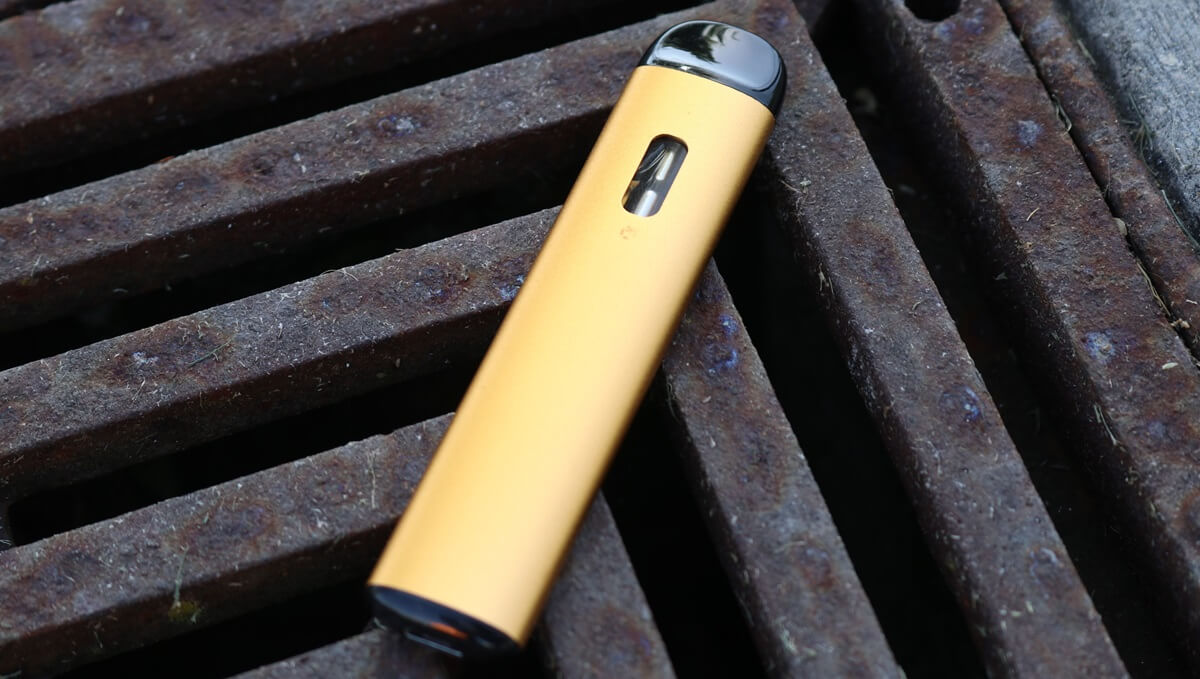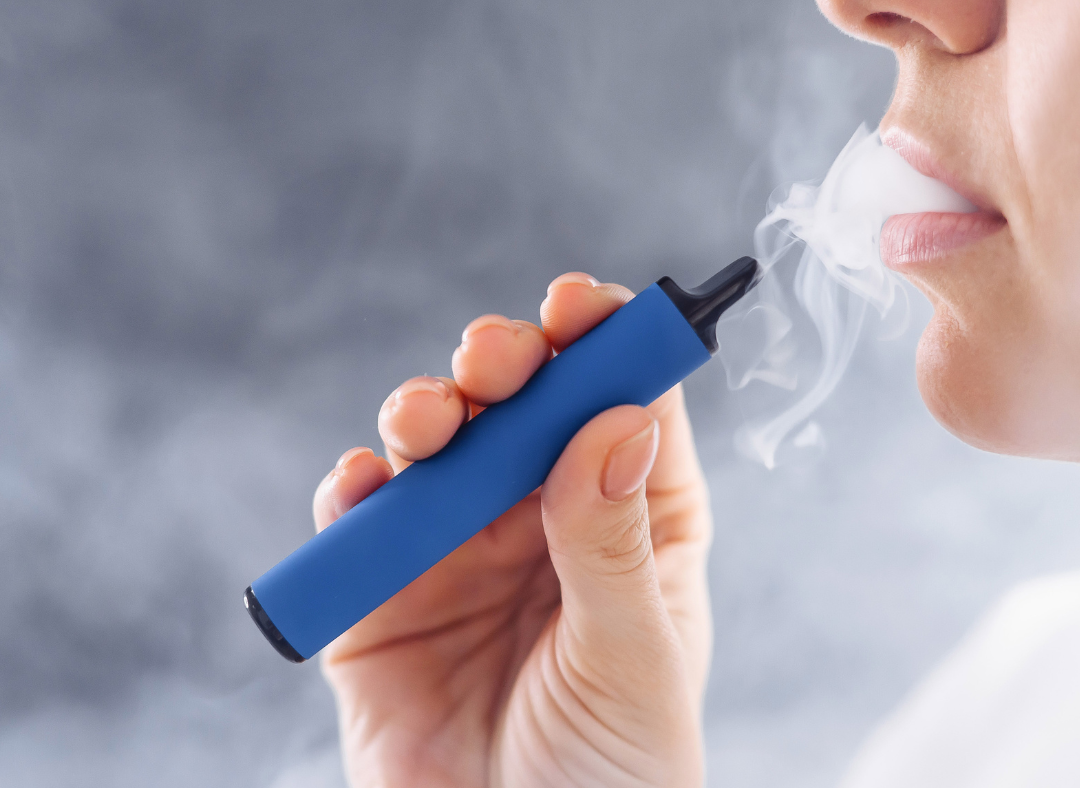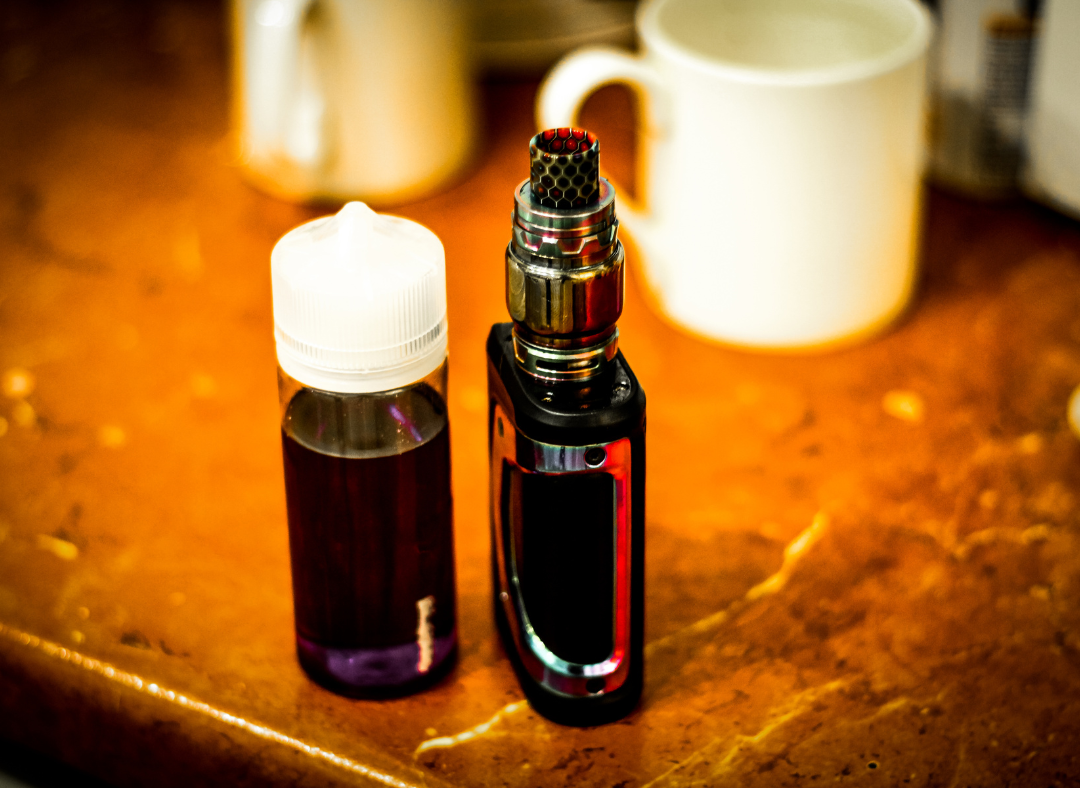Looking to Learn How to Quit Smoking Cold Turkey?
For several generations now, we have known that smoking causes serious long-term health effects. Without corrective lifestyle changes, they can often prove fatal. Studies suggest that over 7 million people will lose their lives directly from smoking-related illnesses every year, with 24,000 of those being Australian citizens. And then of course there is the damage done to those around us, with our friends and family members living with smokers having a 25% to 30% increased risk of developing smoking-related illnesses due to passive smoking. In fact, consuming what is known as ‘second-hand smoke’ adds to a further 1.2 million deaths worldwide each year.
Unfortunately, even short-term smokers find their bodies dependant on the highly-addictive nicotine substances found in most smoking products, making it hard to quit. With a range of withdrawals taking their toll on the body, the motivation needs to be high to push through the cravings and achieve real results. There are many methods to quitting available, but without the proper support and planning, many looking to quit feel under equipped to continue, leading to a saddening statistic that only 6% of those trying will find success.
Various smokers will attempt to quit cold turkey, rather than other more gradual options, such as nicotine replacement therapy (NRT) like gum, patches or vaping. Put simply, ‘cold turkey’ refers to ending your consumption of nicotine products in an abrupt manner without the support or assistance of available treatment and replacement medications. Various studies exist outlining the adoption of this method, with some stating that 68% of smokers attempt to quit cold turkey across the UK, US, Canada and Australia. From these statistics, we see a range of success rates, stating it is between 22% and 27%, or as low as only 3% to 5%.
In this article, we explore areas such as NRT vs cold turkey, as well as some tips on effective ways to stop smoking cold turkey.
What to expect when you quit smoking cold turkey
After prolonged usage and repeated exposure, smokers will not only find that their tolerance develops significantly to the effects of nicotine, but also start to develop a physical dependency to them within their system. When you quit smoking cold turkey, your body will start to experience a range of health benefits, some of which include your heart rate starting to slow back to healthier levels within the first 20 minutes; blood pressure should start to reach stabilisation after six hours; the excessive amount of carbon monoxide present in your blood is removed after twelve hours; and collectively, oxygen will reach your organs and muscles far more efficiently.
Unfortunately, any noticeable difference will likely be masked by withdrawals, ranging either from mild, flu-like symptoms to something more serious in severity. These include:
- Feelings of restlessness, irritability and sadness
- A hoarse cough and sore throat
- Dizziness and nausea
- Difficulty both in sleeping and concentrating on everyday tasks
- An increase in appetite
- A disruption or change in regular bowel habits
- As well as an obvious continued craving to smoke, which can place a great deal of psychological stress on your condition
As mentioned above, withdrawals will vary in degree amongst smokers, but they are typically only temporary. Your body will learn to adjust, and the symptoms will subside in favour of a more natural, healthy way of operating. When we consider NRT vs cold turkey, however, the effectiveness is up for debate. Should someone be struggling with their withdrawals, and perhaps are starting to lose motivation on their journey, then the use of common nicotine replacement therapy products, such as gums, patches, sprays or vapes may help in weaning them off their nicotine dependence. The argument is obviously that this prolongs their experience, but it at least gives these smokers a reinforcement of support in continuing, rather than resuming the habit.
Withdrawals – Tips to prepare yourself for success in quitting smoking cold turkey
There are a number of effective ways to quit smoking cold turkey, but one of the best tips that can be offered is to prepare for the withdrawals before they are experienced. It is a near certainty that you are going to experience highly compelling cravings to smoke. You will likely feel moody, depressed, and agitated for days, perhaps even weeks. It helps to develop strategies and coping methods before these withdrawal effects take place. At Quit Clinics, we recommend some common tips that can help you prepare for an effective management of withdrawal symptoms, including:
- Keep your mind occupied with positive behaviours, such as through exercise or in other activities preventing your thoughts from wandering.
- Even in your down-time, find projects or smaller hobbies to keep you busy. This can be as simple as reading books you’ve never gotten around to, or re-watching your favourite television shows for some comfort.
- With a surge in hunger, or a compulsion to be doing something with your hands and mouth, be sure to stock up on a range of healthy, nutritious foods. Snacking on a selection of junk food isn’t going to make you feel any better, but injecting a continuous source of beneficial foods, such as fruit and vegetables, will do their own work to improve your health, alongside helping you fight cravings.
- Common symptoms that mimic the flu like coughs and nausea can be treated with over-the-counter medications, such as cough lozenges, so be sure to refill your supplies to prevent having to travel to achieve relief.
- While you might be irritable, there is more success to be found when you surround yourself with supporting and caring people. Make plans with your friends and family members to keep your spirits high when you are at risk of feeling low.
Know the different triggers
You should also become intimately familiar with your triggers. These are the actions or situations that place the most pressure on your cravings to smoke. Triggers can take a variety of forms, including pattern-based, emotional, social, and of course those related to withdrawals.
Pattern-based triggers are connected to your usual smoking-activities or habits, including after eating a meal, before going to sleep, while consuming alcohol, or even when talking on the phone.
Emotional triggers refer to the times you would typically turn to a cigarette to help manage particularly powerful feelings. This could be during prolonged periods of stress, anxiety, boredom, and even happiness. We all have our own relationship to smoking and habits to break.
Many smokers would often find their consumption rises dramatically in a social setting. These social triggers can draw powerful cravings when you visit a bar, party, social event, or even when being around other friends who are active smokers.
And lastly, as you experience withdrawals, it is only natural that should you even come into contact with cigarette smoke, or feel restless without occupying your hands and mouth, your mind might instinctually create the desire to smoke. To deal with triggers, the best course of action is to first identify their existence. From there, you can be proactive about finding some of the solutions we mentioned above to remove the cravings from that situation in place of a more sustainable alternative.
Is quitting smoking Cold Turkey the best method? Pros and Cons
We have previously discussed the various health benefits associated with quitting smoking, but is exploring how to quit cold turkey really the best option for you? Everyone is different, and cold turkey being an effective way to kick the habit will depend on a variety of factors, including your personality, your daily habits, and the extent of your addiction.
Cold turkey does have its advantages, as it can take less amounts of overall time to push through withdrawals and get to the much desired ‘other side’ of quitting. If you don’t feel comfortable seeking counselling, or taking on the support of professionals and NRTs, then you might stand to benefit from the cold turkey approach.
That being said, quitting cold turkey can take its toll both mentally and physically on the body. Many describe the withdrawal symptoms to be unbearable, with more severe cases experiencing a range of conditions such as insomnia, anxiety and depression lasting for several months.
Heading 2 – What are the other methods of quitting smoking?
With all we have discussed on how to quit smoking cold turkey, if you do not feel this is an effective way for you to do so, there are a range of alternatives available that still work with our tips to quit.
You can simply try to cut down on your consumption on a gradual basis. All you need to do is become conscious of the amount you smoke in a day or week, and actively work to reduce that number with progressive installments. This could be by trying to go longer hours between each cigarette, or by only limiting yourself to a certain number in a day or week, forcing you to ration your supply (until that number hits zero).
As we have mentioned above when we have explored NRT vs cold turkey, nicotine replacement has shown great promise. This slowly helps you reduce your cravings and withdrawals in a more manageable approach by still introducing a reduced amount of nicotine into your system, but rather than through smoke, in the form of gum, patches or oral sprays or if these haven’t worked replacing nicotine via vaping might also be an option.
Finally, whatever method you think is best for you, you don’t have to do it alone. Enlist the help of a friend, or speak with a health professional, your GP is a great place to start, or Quit Clinics doctors and support staff are always there to help.






